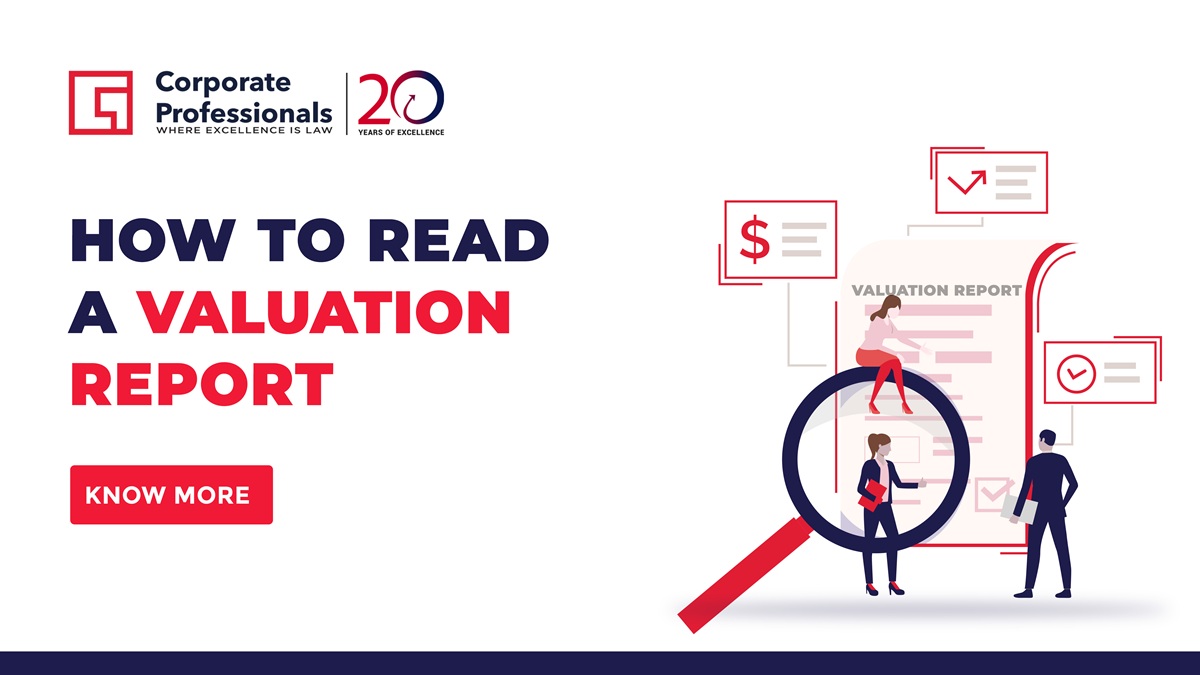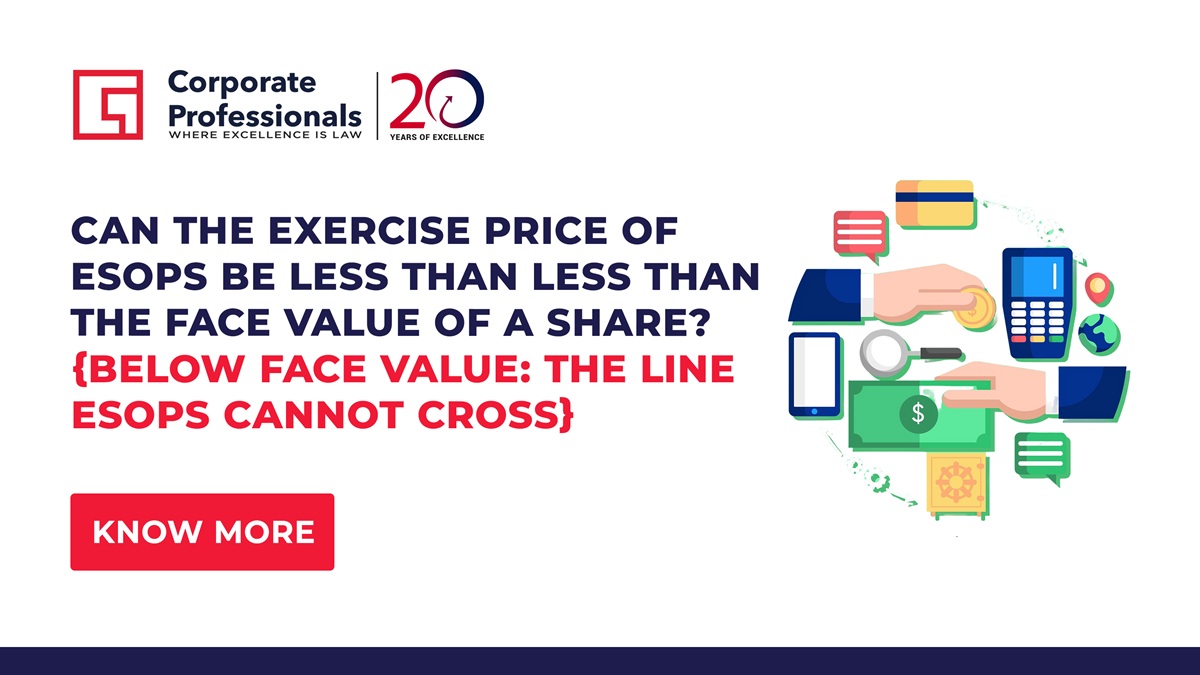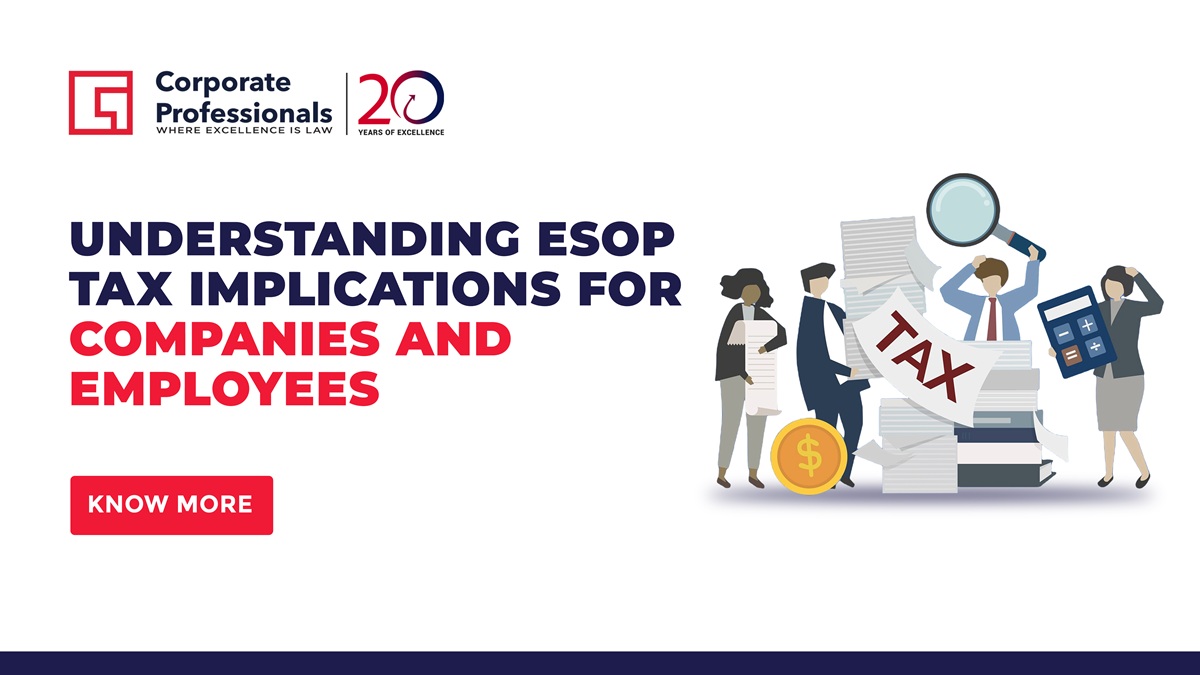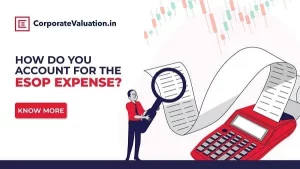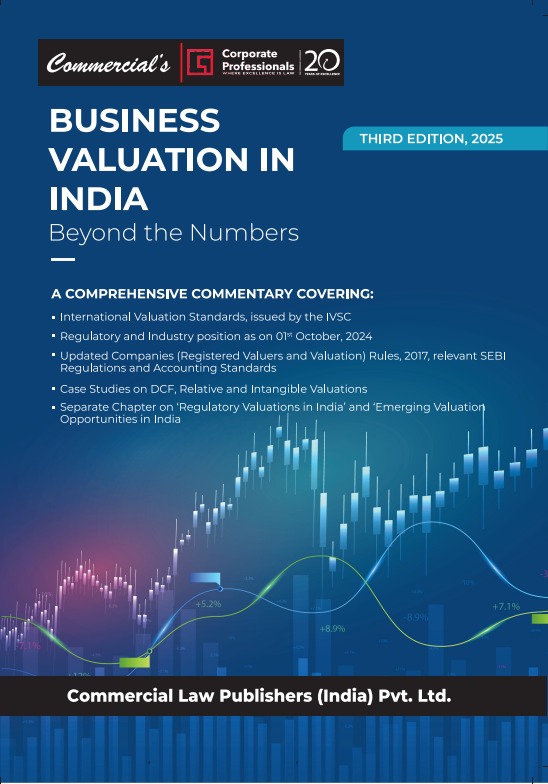Empowering businesses with trusted expertise, delivering results that speak for themselves.












Speaking Numbers
-
3000+
Valuations Performed -
$55 Billion
Worth of valuations -
15 Years
Core Experience -
50+
Industry Served -
1500+
Clients Served
Our Services
Proactive and consultative valuation advice tailored to your needs

Valuation Calculator
Unlock the true value of your business with our user-friendly Valuation Calculator. Choose from multiple valuation methods, mitigate risks, and receive instant insights to make informed decisions whether you're a business owner, seller, or potential buyer.
-
 Streamlined Business Insights
Streamlined Business Insights
-
 Dynamic Valuation Methods
Dynamic Valuation Methods
-
 Proactive Risk Management
Proactive Risk Management
-
 Intuitive User Experience
Intuitive User Experience

Knowledge








What is a Valuation Report
We take pride in delivering thorough, accurate, and insightful valuation reports that empower our clients to make informed financial decisions. Our reports include a concise executive summary that provides an overview of key findings and conclusions, an explanation of any governing law, an industry and market analysis, a detailed methodology, an explanation of any methodologies not used, and the assumptions made.
Click Here To View Full Sample Valuation Report
"Every value has a story – let us tell yours"
Our Other Services
CP is uniquely positioned to provide you other services as per
your
requirements, We also help clients with.
Frequently Asked Questions
Have questions about our platform and services? Find answers to common queries belowValuation is crucial for fundraising as it helps determine the price at which equity or debt can be offered to investors, ensuring fair terms for both the company and investors. It also gives potential investors a clear understanding of the company’s worth, risk, and growth potential, influencing their decision to provide capital.
Valuation provides insights into the financial health and growth potential of a business, helping owners make informed decisions about entering new markets or expanding operations.
Voluntary valuation refers to the process where a company or individual chooses to have an asset, business, or investment valued, even though there is no legal or regulatory requirement to do so. This is often done for purposes such as mergers, acquisitions, strategic planning, or financial reporting, to gain an objective assessment of value.
Valuation is important for shareholders as it helps determine the true value of their investments, guiding decisions on buying, selling, or holding shares. It also ensures that the company’s financial health and growth prospects are accurately reflected, influencing shareholder returns.
In financial reporting, valuation ensures that assets, liabilities, and equity are accurately represented at their fair market value. It helps in providing stakeholders with reliable financial statements, reflecting the true financial health and performance of the company.
Valuation helps determine the fair price for shares, ensuring they are priced appropriately for investors. It also enables the company to assess how much capital can be raised through the share issue.
Valuation determines the fair exchange ratio of shares for merging or demerging entities.
Valuation impacts mergers and acquisitions by determining the fair value of the company being acquired or merged. It helps in negotiating the purchase price and structuring the deal terms.
An IPO valuation is the process of determining the market value of a company at the time of its initial public offering. This valuation helps in setting the price at which the company’s shares will be offered to the public.
Corporate Professionals is both IBBI Insolvency and Bankruptcy Board of India Registered Valuer and SEBI Registered Category I Merchant Banker and are well equipped to perform every kind of valuation. We usually take 7 business days to deliver the signed valuation report.
Valuation helps determine the fair value of assets and liabilities, which is essential for financial statements and audits.
Valuation is used for computing capital gains, transfer pricing, and other tax-related matters to comply with tax regulations.
Valuation is based on assumptions, market data, and projections, which may not always reflect the actual market price.
Valuation often depends on specific circumstances and regulatory requirements. However, it is generally advisable to conduct a fresh valuation every six months. This frequency is recommended because valuation is influenced by various factors, such as the company’s financials, the economic environment, and growth rates.
Valuation: Assesses an asset’s intrinsic worth through fundamental analysis, examining factors like cash flows, growth potential, and risk to determine its true economic value.
Pricing: Reflects an asset’s market value, influenced by supply and demand, investor sentiment, and market conditions, often differing from its intrinsic value.
Valuation is crucial for a variety of reasons such as investment analysis, capital budgeting, merger and acquisition transactions, financial reporting, and tax assessments.
Fair value is an estimate of the market value of an asset, based on what a knowledgeable, willing, and unpressured buyer would pay to a willing, unpressured seller in the market.
Valuation is the process of determining the current worth of an asset or a company. It is based on various factors including financial performance, market conditions, and potential for future earnings.
Valuations can be performed by certified professionals such as Insolvency and Bankruptcy Board of India Registered Valuer, SEBI Registered Merchant Bankers, Chartered Accountants (CAs), Cost Accountants, Chartered Financial Analysts (CFAs), and other financial experts with relevant experience and credentials.
A good valuer should have a strong background in finance, accounting, and business analysis, relevant professional certifications, experience in the industry being valued, and a thorough understanding of valuation methodologies and market dynamics.
A registered valuer, as per the Companies Act 2013, is an individual or entity registered with the Insolvency and Bankruptcy Board of India (IBBI) who can undertake valuations required under various regulations.
A registered valuer is licenses with Insolvency and Bankruptcy Board of India (IBBI), while merchant bankers are licensed from SEBI. Both are regulated by different regulatory bodies and have their own significance.
Independent valuers follow established valuation standards and avoid conflicts of interest to provide unbiased valuations.
“Merchant banker” means any person who is engaged in the business of issue management either by making arrangements regarding selling, buying or subscribing to securities or acting as manager, consultant, adviser or rendering corporate advisory service in relation to such issue management.
Yes, valuations can be reviewed or challenged by auditors, regulators, or stakeholders if they identify discrepancies.
Merchant bankers issue valuation certificates for preferential allotments to comply with Income Tax.
Yes, some professionals specialize in sectors like real estate, startups, manufacturing, or intellectual property, requiring niche expertise.
Valuation provides insights into asset worth, enabling businesses to prioritize investments, divestitures, and expansions.
Yes, valuations help determine each partner’s contribution and ownership share in joint ventures.
The valuation certificate issued by SEBI registered Merchant Banker must not be more than ninety days old as on the date of the transfer.
Valuation date is the specific date at which the valuer estimates the value of the underlying asset.
It helps assess how much equity to offer in exchange for capital, ensuring fair deals for investors and owners.
Startups should perform valuations during each fundraising round, or whenever there is significant business growth.
Yes, valuations are particularly important for startups for various purposes including fundraising, equity distribution among founders and employees, and strategic planning.
The frequency of valuation updates depends on the purpose. For financial reporting, it might be annual; for dynamic and high-growth sectors, more frequent updates may be needed.
Valuation may be required for mergers and acquisitions, fundraising, regulatory requirements, litigation, and other purposes such as financial reporting and strategic planning.
• Value is specific in Point of time
• Value principally depends on the ability of the business to generate discretionary cash flow
• Value also depends greatly on the market forces
• Principle of Risk and Return
• Principle of Reasonableness and Reconciliation of Value
• Value is influenced by Underlying Net Tangible Assets
• Value is influenced by Liquidity
• The Value of Minority Interest is less than the Value of a Controlling Interest.
Valuation plays a crucial role at every stage of a firm’s life cycle. For small private businesses looking to expand, valuation becomes essential when approaching foreign investors, venture capitalists, or private equity firms for capital infusion. The share of ownership an investor will demand in exchange for funding depends on the firm’s estimated value. As companies grow and plan to go public, the share price for public issuance is determined based on the firm’s value, aligning with applicable laws and regulations. Additionally, key decisions such as fund allocation, borrowing from financial institutions, and returns to owners are all influenced by the valuation of the firm.
Fair value is usually synonymous to fair market value except in certain circumstances where characteristics of an asset translate into a special asset value for the party(ies) involved.
Rule of thumb or benchmark indicator is used as a reasonable check against the values determined by the use of other valuation approaches in a valuation engagement. • Rule of thumb may provide insight into the value of a business or business ownership interest. Some of the examples of rule of thumb or benchmark valuation would be value based on transaction multiples for capacity or turnover. • It shall not be used as the only method to determine the value of the asset to be valued.
The fair market value is the price at which the property would change hands between a willing buyer and a willing seller, neither being under any compulsion to buy or to sell and both having a reasonable knowledge of relevant facts.
Enterprise Value is the value attributable to the equity shareholders plus the value of debt and debt like items, minority interest, preference share less the amount of non-operating cash and cash equivalents.
Equity Value is the value of the business attributable to equity shareholders. It can also be formulated as:
Equity value = Market capitalization
Add: fair value of all stock options (in the money and out of the money)
Add: Value of convertible securities in excess of what the same securities would be valued without the conversion attribute
Yes, multiple valuation methods can be combined to get a more accurate and comprehensive view of a company’s value. This is known as the triangulation approach, where the results from different methods are analyzed together.
Terminal value represents the estimated value of a business beyond the forecast period in a Discounted Cash Flow (DCF) analysis. It accounts for the majority of the total value in many DCF valuations.
Market multiples are used in comparative valuation methods, such as the Comparable Company Analysis (CCA) and Precedent Transactions Analysis, where key financial metrics (e.g., P/E ratio, EV/EBITDA) of similar companies are used to estimate the value of the subject company.
Higher risks, such as economic instability or industry uncertainty, typically reduce a company’s valuation.
Market trends and economic conditions influence asset demand and comparable transaction values.
Intangible assets like patents, trademarks, and goodwill add significant value to businesses, particularly in knowledge-driven industries.
Forecasts provide future cash flow and growth estimates, which are critical for methods like Discounted Cash Flow (DCF).
ICAI Valuation Standard defines the following three valuation bases:
(a) Fair value.
(b) Participant specific value; and
(c) Liquidation value
Valuation base means the indication of the type of value being used in an engagement. Different valuation bases may lead to different conclusions of value. Therefore, it is important for the valuer to identify the bases of value pertinent to the engagement.
The objective of a valuation report is to present the result of findings of a comprehensive appraisal of and revealing a user-specific value for, one or more items.
A valuation report is a comprehensive document prepared by the valuer that includes details of the methodology used, the data considered, the assumptions made, and the final valuation outcome along with a justification of the value derived.
Required documents include financial statements (balance sheet, income statement, cash flow statement), business plan or forecasts, details of assets and liabilities, information on intellectual property and intangible assets, industry reports and market analysis, and previous valuation reports if any.
Factors include financial performance (revenue, profit margins, and cash flow), market conditions (industry trends and economic outlook), assets and liabilities, growth potential (future earnings and business expansion plans), and intangible assets (brand value, intellectual property, and customer relationships).







 +91 98717 84112
+91 98717 84112








 Comprehensive valuation services
Comprehensive valuation services

